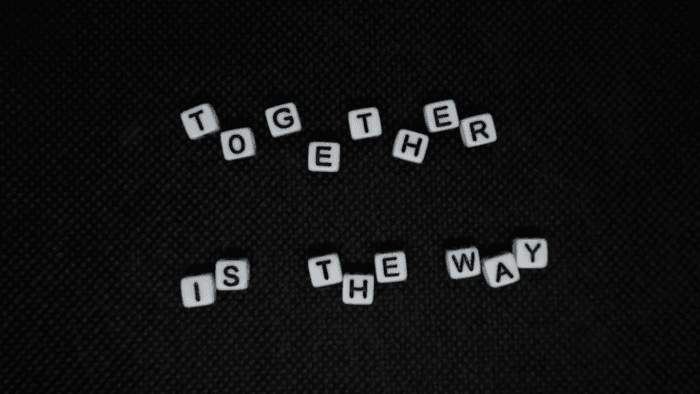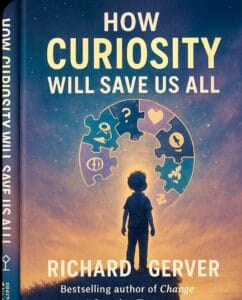Over the last couple of decades, the rise of polarisation, not just on political levels but amongst so many people across all walks of life is something I find challenging to see.
Social media is an extraordinary thing but it has been used by a growing many to sow seeds of division and discord. It is something that seems to have been amplified across many of our lived experiences, personal and professional.
Those of you who know me know how much I care about collaboration and working together with a sense of purpose, respect, value and support. With that in mind, this month, I thought I’d share some tips on how we can all find some common ground.

Focus on the big picture
How often do you get distracted by the minutiae instead of focusing on the bigger picture? I’m guessing quite a lot. As a result, the vision and values which bring us together often get lost in the methodology and ideology. Take a step back and ask what it is you stand for on a larger level. Education for example, is often a battle ground. People argue over the small details and forget that actually, we all want the same thing: the best for our children.
Look for agreement on why
The first tip leads to this. We tend to fall out most often over the what, less so, the why. So spend more time talking about why. When everyone understands the purpose or why something needs to be achieved, we have the foundation for finding common ground.
Most frictions we experience come when people too quickly and too vehemently focus on their proposed how. Ego and personal ideas and ideologies can get in the way, but less so when we are focused on a common purpose. It also means that when we do disagree, we have a true North of purpose to refer back to to regain perspective.
Check your assumptions
The unconscious biases we carry into meetings or discussions can damage the chances of constructive thinking and dialogue from the start. Whether we are making assumptions based on background, role/job or just the way someone dresses or carry themselves, this can create assumed barriers which lead to us becoming defensive before we even begin. If you start with open conversations about the why, those assumptions can be recalibrated and pushed backwards allowing a new, real and constructive relationship to develop.
Be committed to results, rather than specific solutions
The truth is there is always more than one way to reach an agreed outcome and the friction usually occurs due to an individual’s preferred methodologies. It is vital to remember that all situations and strategies can be improved, developed and evolved. Don’t allow yourself to be bogged down by your idea of process. Keep referring back to the agreed why.
Be curious
Being curious is about being open minded, but more than that, it is about seeking better solutions. When you are truly open and curious, it will lead you to. . .better things
Ask more and assert less
One of the things that has struck me about the incredibly successful people I have been privileged enough to meet and work with, is not their desire or instinct to tell or control, but to listen and learn. It was the Nobel Prize winning scientist, Barry Barish who once told me that real development comes from those who have the courage to challenge the beauty of the proof by listening and learning from others.
Finally…
Look for common ground
To find common ground, look for it. If you have lost something, you look for it; you don’t expect to find it without looking. When you do all the other suggestions here, and are earnestly looking for common ground, you are much more likely to find it.



